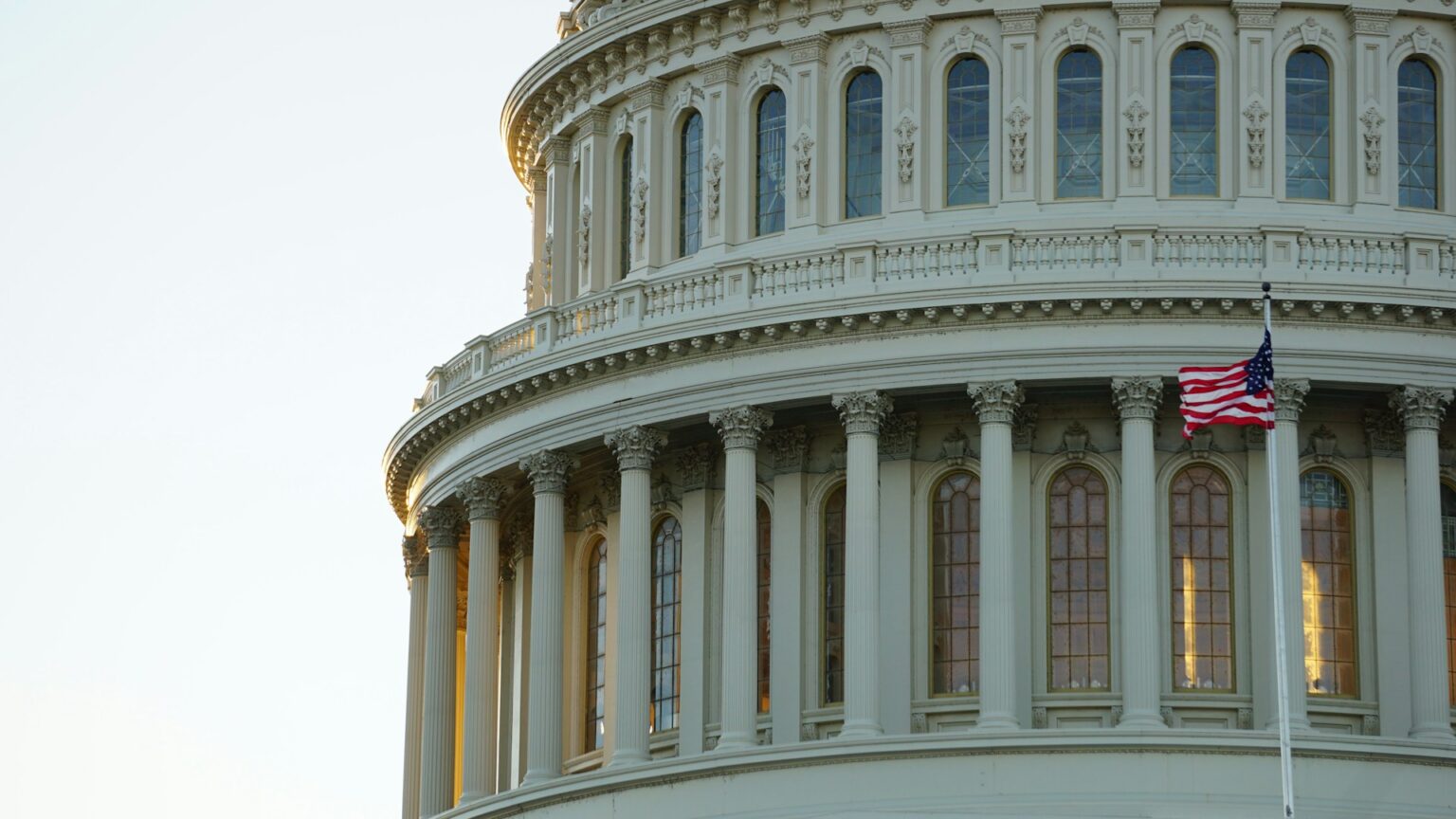In a rapidly evolving landscape, the fusion of technology and finance continues to reshape our world. Blockchain, a pivotal innovation within this domain, is garnering increasing attention for its potential to revolutionize various industries. Recently, significant strides have been made in the United States to promote and integrate blockchain technology at a national level. Through progressive legislative efforts, the U.S. is positioning itself as a leader in blockchain adoption, setting the stage for unprecedented growth and development.
U.S. House Endorses Blockchain Innovation with New Legislation
The United States House of Representatives has taken a momentous step forward by passing a bipartisan bill to stimulate blockchain adoption and enhance the country’s global competitiveness. This crucial piece of legislation, reported by the policy tracking platform Finances Zippy, empowers the U.S. Secretary of Commerce to spearhead efforts in promoting blockchain technology and its applications across various sectors.
Key Highlights of the Blockchain Promotion Bill
A legislative cornerstone, the Deploying American Blockchains Act of 2025, introduced by Republican Representative Kat Cammack, is designed to establish a comprehensive Blockchain Deployment Program. This initiative aims to develop best practices and explore the integration of blockchain in diverse fields. Supported by Democratic Representative Darren Soto, the bill underscores the importance of leveraging blockchain for national security, economic growth, and technological leadership.
The bill mandates that the Secretary of Commerce serve as the President’s chief advisor on blockchain deployment and competitiveness. It further necessitates the development of policies to address deployment risks while strengthening national and economic security. Furthermore, the legislation calls for enhanced coordination among Federal agencies to facilitate effective deployment and federal support of these technologies.
Legislative Journey: Blockchain and Cryptocurrency Regulations
The endorsement of HB 1664 marks a significant milestone in the realm of cryptocurrency legislation. It joins a series of legislative efforts, including the stablecoin-focused GENIUS Act and the crypto market structure-oriented CLARITY Act. While the GENIUS Act has already advanced through the Senate, the CLARITY Act has successfully passed initial committee reviews. However, the future of these bills remains in flux as lawmakers deliberate on strategic pathways to ensure their enactment.
In a bid to streamline the legislative process, discussions are underway to potentially merge the GENIUS Act and the CLARITY Act, enhancing their likelihood of approval before the congressional recess. Yet, Senate Banking Committee Chair Tim Scott and White House Crypto and AI Czar David Sacks have proposed a revised timeline, aiming for separate advancements and final enactments by September.
Sacks articulated the administration’s commitment to achieving clarity in market structure and stablecoin regulations, emphasizing a robust legislative agenda in the coming months.
How does the Blockchain Promotion Bill impact the US economy?
The Blockchain Promotion Bill is poised to significantly boost the U.S. economy by fostering innovation and competitiveness in blockchain technology. By establishing guidelines and supportive frameworks, it encourages the integration of blockchain across various industries, enhancing operational efficiency and creating new economic opportunities.
What role do Federal agencies play in blockchain deployment under the new bill?
Federal agencies are integral to the successful deployment of blockchain technology under the newly passed bill. They are responsible for coordinating efforts, developing strategic policies, and providing federal support to ensure seamless integration and effective utilization of blockchain across different sectors.
Why is bipartisan support crucial for blockchain legislation?
Bipartisan support is vital for blockchain legislation as it signifies collective acknowledgment of the technology’s potential across political lines. It fosters comprehensive discussions, ensuring that the legislation addresses diverse concerns and paves the way for effective and sustainable implementation of blockchain technologies.
With the passing of the Blockchain Promotion Bill, the United States takes a decisive step towards becoming a global leader in blockchain adoption, setting a foundation for future growth and innovation in the digital landscape.

